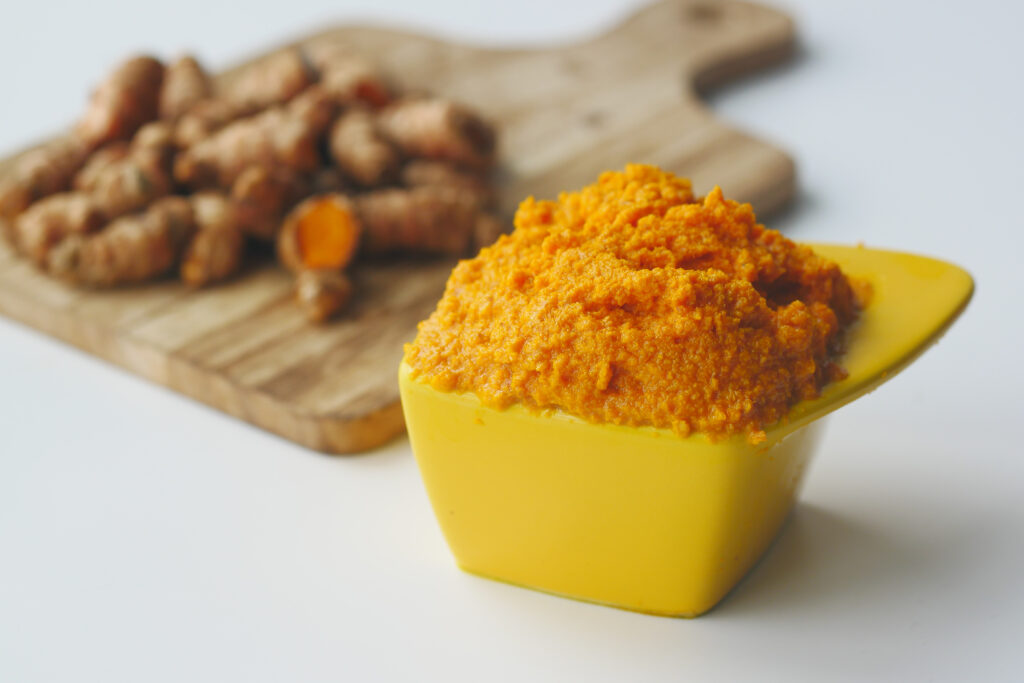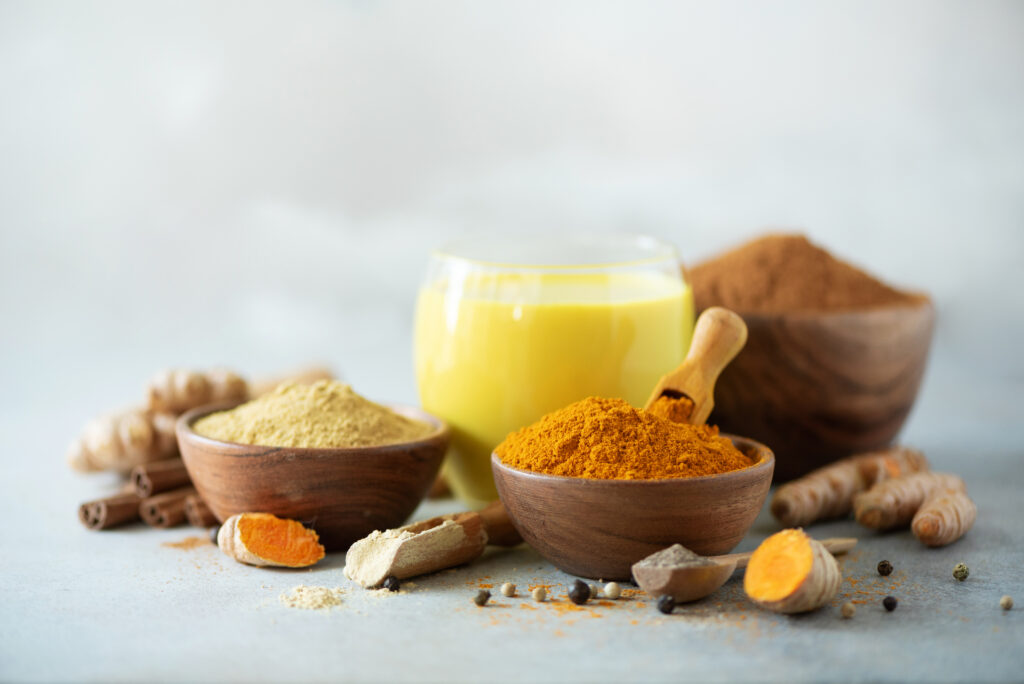Curcumin, the vibrant yellow compound found in turmeric, is gaining attention for its potential to support metabolic health. This polyphenol, known for its role in traditional medicine and culinary uses, is not just a colorful spice. It offers a range of benefits, particularly in relation to metabolism, blood sugar, insulin regulation, inflammation, and weight management. But there’s a catch: curcumin is notoriously difficult for the body to absorb. This raises an important question: Is it worth incorporating curcumin into your diet if it’s not readily absorbed by the digestive system?

The Fascinating World of Curcumin
Turmeric has been used for centuries in various cultures, primarily in cooking and traditional medicine. However, its active component, curcumin, has recently become a hot topic in health research. Numerous studies have highlighted curcumin’s anti-inflammatory and antioxidant properties, making it a favorite among health enthusiasts.
But here’s where things get interesting: a recent research review (PMID 39062953) suggests that curcumin doesn’t necessarily need to be absorbed in large quantities to exert its beneficial effects on metabolism. This new understanding opens the door to exploring how curcumin works in the gut and its broader implications for health.
Curcumin and the Gut Microbiome
One of the key findings of the research is that curcumin may have a significant impact on the gut microbiome—the vast community of microorganisms living in our digestive tract. The review indicates that curcumin actively shifts the gut microbiota, favoring beneficial bacterial strains such as Bifidobacteria and Lactobacilli. These friendly bacteria play a crucial role in digestion and overall health, contributing to processes that influence metabolic functions.
Butyrate-producing bacteria, which are essential for maintaining gut health and regulating inflammation, also benefit from the presence of curcumin. This shift in gut microbiomes initiates a cascade of events that influences metabolic health. The beneficial effects of curcumin extend beyond its direct actions; it transforms the environment in our gut, fostering a balanced microbiome that can enhance metabolism.
The Multi-Pathway Power of Natural Compounds
The intricate relationship between curcumin and metabolic health underscores the complexity of natural compounds. Unlike synthetic drugs, which often target specific pathways, natural compounds like curcumin tend to affect multiple pathways simultaneously. This characteristic can make them more challenging to study but also more powerful for our health.
The multi-faceted effects of curcumin remind us that what we consume can significantly influence our body’s overall function. By supporting beneficial gut bacteria, curcumin may help improve insulin sensitivity, lower blood sugar levels, and even aid in weight management. These effects highlight the potential of curcumin as a functional food ingredient that can contribute to metabolic health in various ways.
Incorporating Curcumin into Your Diet
If you’re looking to boost your metabolism and overall health, adding more turmeric (and thus curcumin) to your diet is a delicious and effective strategy. Here are some easy and tasty ways to incorporate this golden spice into your meals:
- Golden Milk: This warm drink made with milk (or a dairy-free alternative), turmeric, and spices like cinnamon and ginger is a comforting way to enjoy curcumin.
- Yellow Rice: Adding a dash of turmeric while cooking rice not only enhances the flavor but also gives your meal a vibrant color and additional health benefits.
- Scrambled Eggs or Tofu: Mix turmeric into your eggs or tofu while cooking for a colorful breakfast that packs a nutritional punch.
- Smoothies: Sprinkle turmeric into your morning smoothie for an extra boost of antioxidants and a unique flavor twist.
Conclusion
The emerging research on curcumin’s impact on the gut microbiome and metabolic health is promising. While its absorption challenges have raised questions, understanding its role in supporting beneficial gut bacteria suggests that curcumin can still be a valuable addition to your diet.
So, the answer to the question of whether curcumin is worth your attention is a resounding yes! By incorporating this potent spice into your meals, you can take a proactive step toward enhancing your metabolic health and overall well-being.
Book a call today to start your Journey to a more vital and healthier you!







